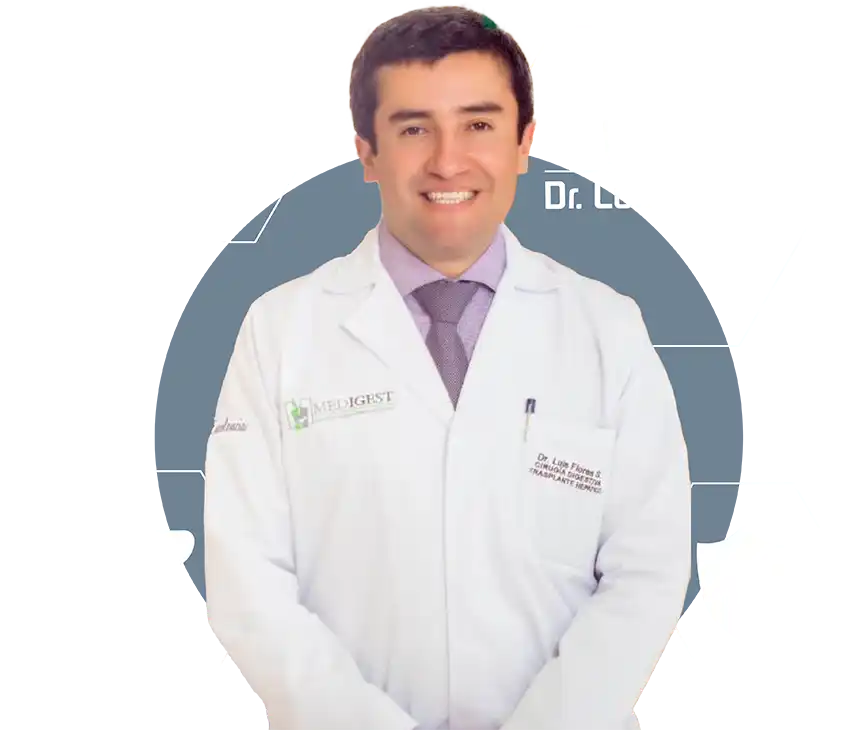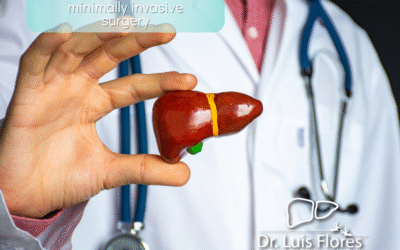Gastroesophageal Reflux is a common condition in which the acidic contents of the stomach flow back into the esophagus, causing symptoms such as heartburn, regurgitation, and chest pain. When conventional medical treatment fails to alleviate symptoms, surgery may be an option to consider. In this article, we will explore Reflux Surgery in Cuenca and what you need to know about it.
Introduction to Gastroesophageal Reflux
Gastroesophageal reflux occurs when the muscle that controls the junction between the esophagus and the stomach, known as the lower esophageal sphincter, does not close properly. This allows stomach acids to rise into the esophagus, irritating its lining and causing discomfort. Although in most cases reflux can be managed with dietary changes and medications, in some cases surgery may be necessary.

Indications for Anti-reflux Surgery
Indications for considering anti-reflux surgery include persistent symptoms despite medical treatment, complications such as esophagitis or esophageal strictures, and the presence of a hiatal hernia. Additionally, patients who wish to avoid chronic medication intake or seek a more definitive solution to the problem may also be candidates for Reflux Surgery in Cuenca. More information!
Types of Surgery to Treat Reflux
There are different types of surgeries to treat gastroesophageal reflux, with one of the most common being Nissen fundoplication. In this surgery, a portion of the stomach is wrapped around the lower esophageal sphincter to reinforce its function and prevent reflux. Other options include Toupet fundoplication and Hill surgery, which also aim to improve the function of the esophageal sphincter.
Postoperative Considerations and Recovery
After surgery to treat reflux, it is important to follow your doctor’s instructions to ensure optimal recovery. You may need to follow a soft diet for a while, avoid lifting heavy objects, and limit certain physical activities. It is normal to experience discomfort in the surgical area, and it is important to communicate with your doctor if you experience symptoms such as fever, redness, or swelling.
In conclusion, Reflux Surgery in Cuenca can be an effective option for those patients who do not find relief with conventional medical treatment. It is important to discuss with your doctor the indications for considering anti-reflux surgery, the different types of surgery available, and postoperative considerations for successful recovery. If you are considering surgery to treat reflux, make sure to be well informed and follow the recommendations of your medical team. Your quality of life can significantly improve with the right treatment! More information!




